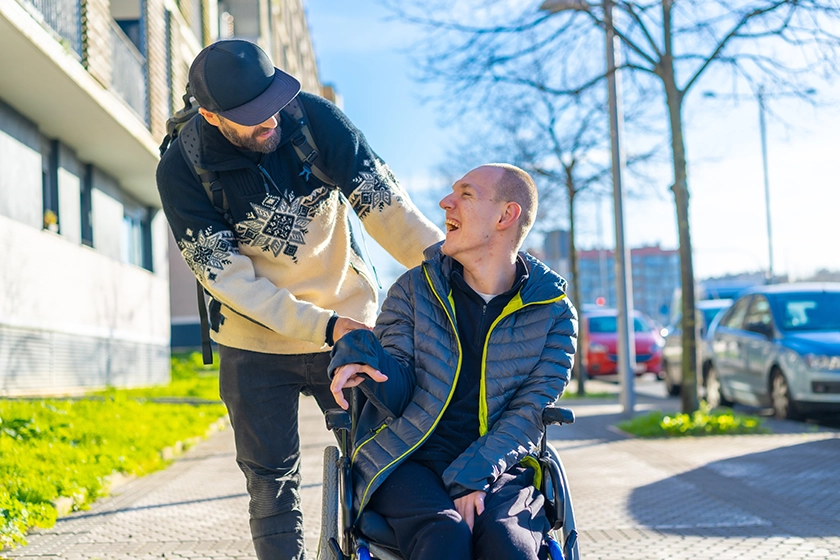Substance Use Disorder Services
How to Get Help in Virginia
Virginia’s community services boards (CSBs) are the primary point of entry into the Commonwealth’s public behavioral health and developmental services system. CSBs provide treatment for mental health issues, substance use and addiction, and intellectual and developmental disabilities for adults and children. Every county and city in the state has an assigned CSB. To locate the CSB nearest to you, click here. You can also visit the federal Substance Abuse and Mental Health Services Administration (SAMHSA) treatment locator website. On that page, you can search for providers by zip code.
More Information
Click here for Curb the Crisis – A website intended as a comprehensive resource for all Virginians in the fight against opioid misuse and overdose throughout the commonwealth. At Curb the Crisis you can get information about prevention, rescue, recovery, and treatment options.
Click here for REVIVE – REVIVE provides training for all interested Virginians on how to recognize and respond to an opioid overdose emergency with the administration of naloxone (Narcan ®). At REVIVE you can check for upcoming training, resources, house bills, and other events related to responding to an overdose emergency.
Women’s Services
Pregnant Women, Women of Child Bearing Age with Substance Use Disorders
Almost 50% of all pregnancies in the United States are unplanned and only about 40% of women know that they are pregnant in their first four weeks of pregnancy. Unaware they are pregnant, many women drink alcohol or use medications or illicit substances early in their pregnancy.
Approximately 11% of pregnant women in the United States use alcohol, tobacco and/or other mood altering substances during pregnancy. Pregnant substance using women are present in all socioeconomic, ethnic, racial and religious groups and cannot be identified on sight. Most women want to do what is best for their babies. Pregnancy is a time when women are most open to changing risky behaviors and will attempt to stop or change unhealthy behaviors. The majority of women stop any substance use and other risky behaviors as soon as they learn they are pregnant. A woman who continues to use may not realize that her use may harm her unborn child or she may be addicted and unable to stop her use without additional support and treatment.
Pregnant women are also at greater risk to experience depression and/or domestic violence than non-pregnant women are.
If you are pregnant or the parent of small children there are services available for your specific needs. Project Link is a service offered through many CSBs that has targeted treatment opportunities specifically for women using substances. They offer trauma informed treatment, case management, connections to other treatment providers, and specific programming to cut down on barrier to treatment. To learn more about Project Link services please click here to link to your local CSB.
Grief Resources
The loss of a loved one is painful and can be isolating. You are not alone. If you have lost someone to addiction, please see below for link to resources designed to help support you.
Click here for GRAPLE – GRAPLE is a grief recovery group in Richmond that meets on Tuesday evenings at 7:00 p.m. on the third floor of The McShin Foundation.
Hope and Healing – Hope and Healing meets in different locations several times per month to offer support for friends and family members who have lost someone to addiction. The link provided give up to date information related to their upcoming meeting dates.






